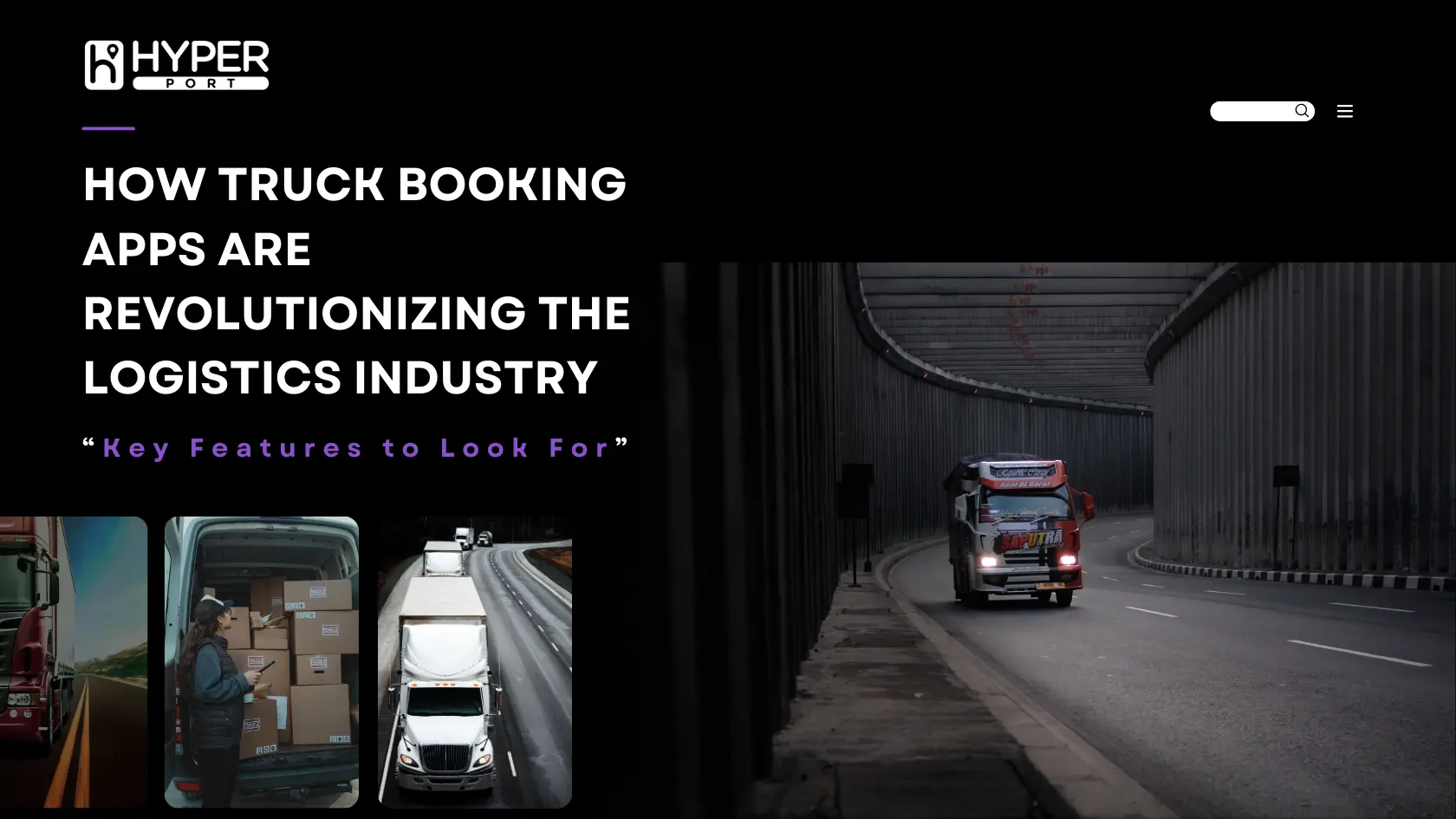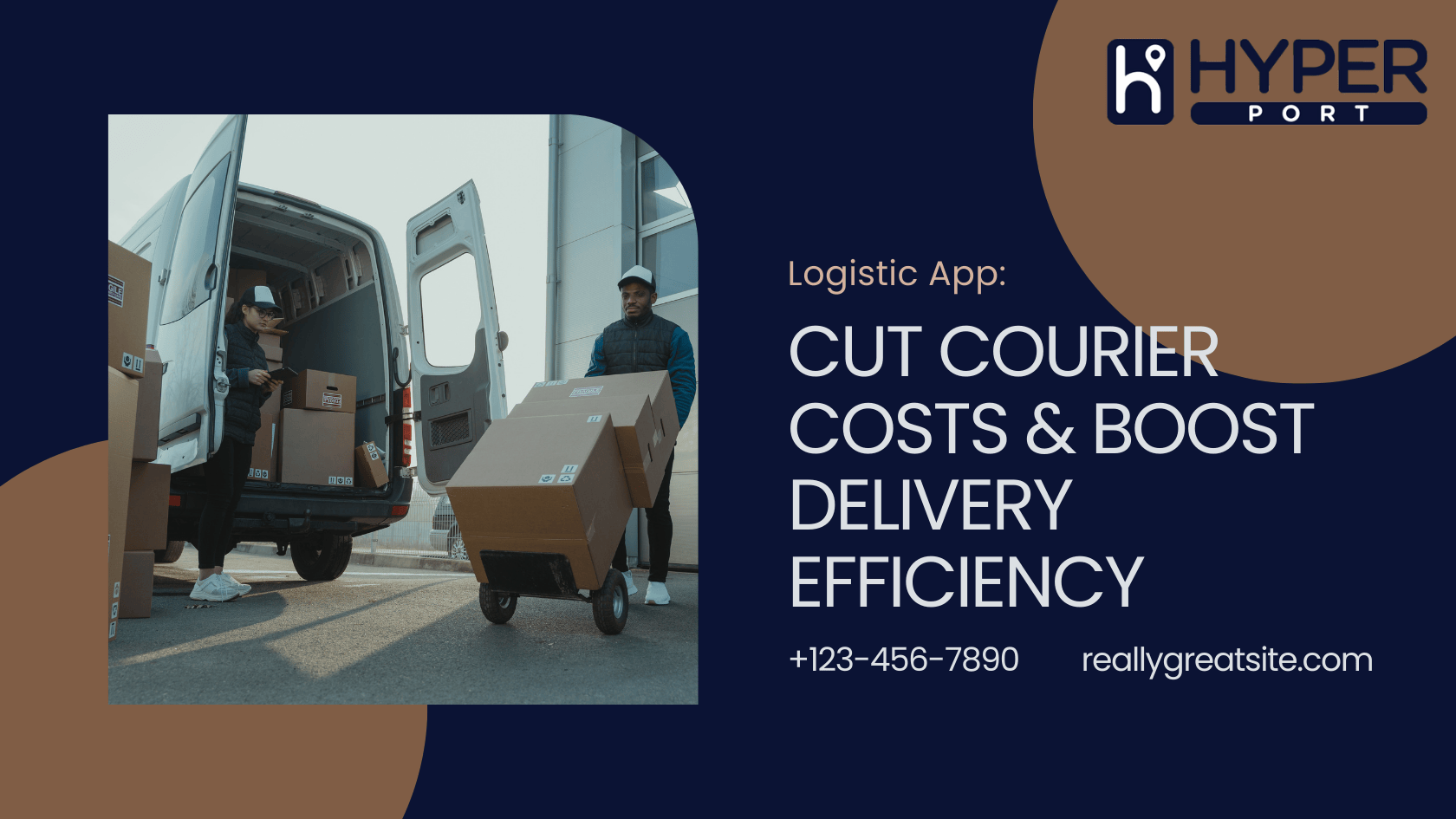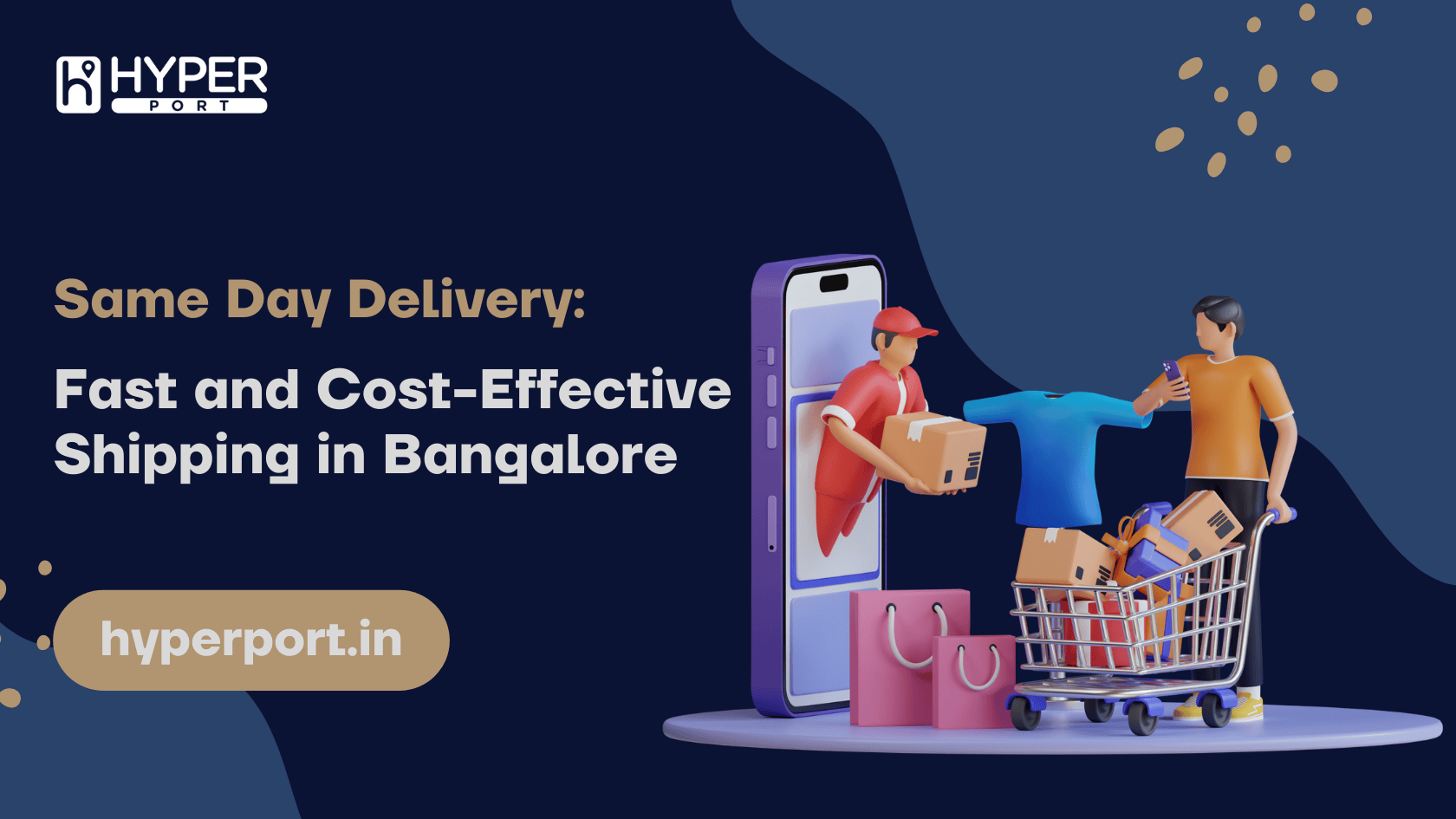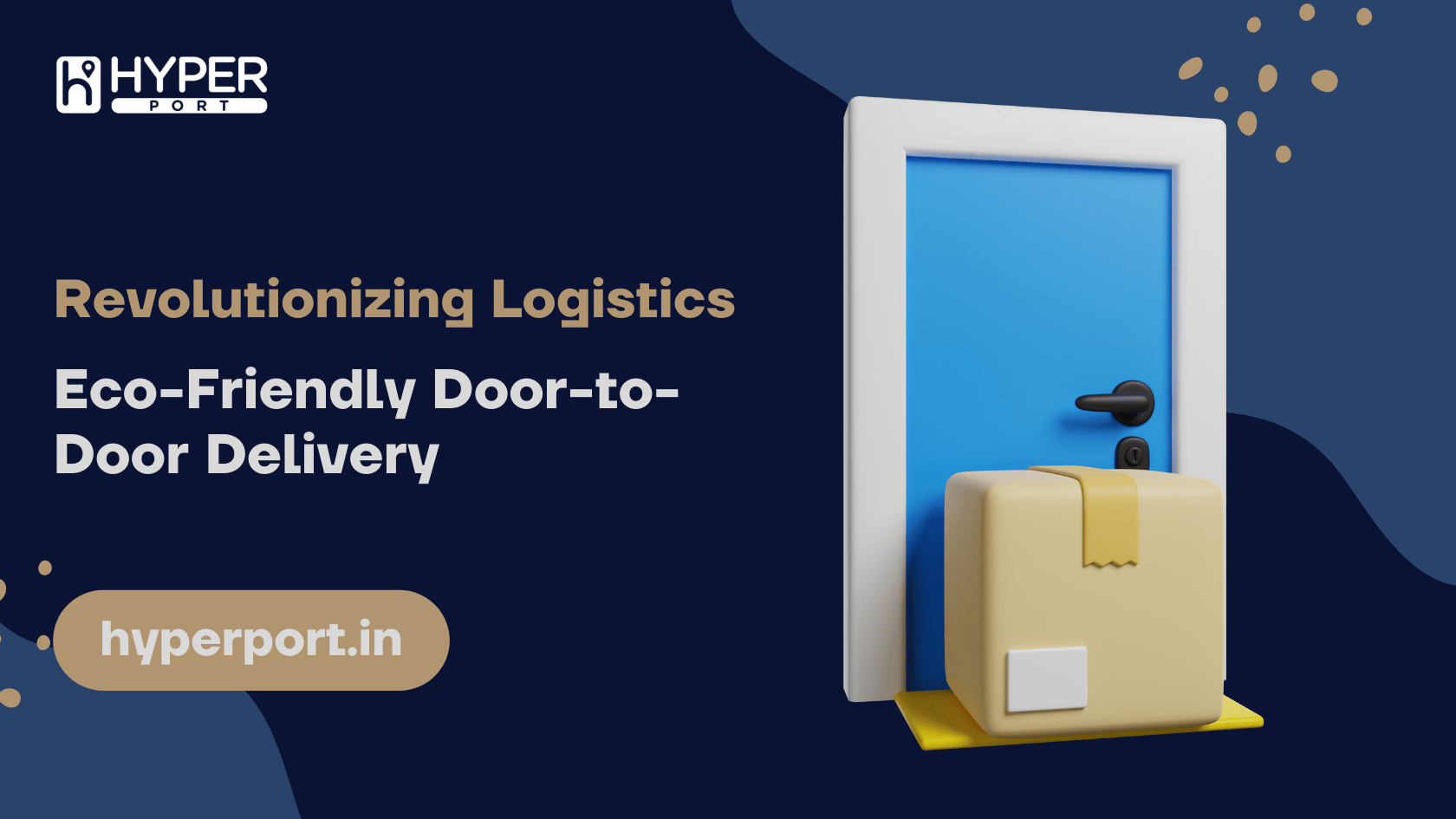The logistics sector is essential to international trade. As it makes sure that commodities are transported quickly and efficiently from one location to another. This industry has historically placed a strong emphasis on physical paperwork and manual processes. Thus leading to frequently resulted in delays and inefficiencies. But as a result of technology, especially truck booking apps, the logistics industry is changing dramatically.
These apps are improving the industry’s general efficiency and transparency in addition to expediting the delivery of goods. This blog post will discuss how truck-booking applications are transforming the logistics industry. It will also state the salient characteristics that render them essential resources for contemporary enterprises.
Truck Booking Apps in Logistics
The logistics sector has traditionally involved a wide range of parties. From suppliers and manufacturers to carriers and final consumers, creating a complicated web of operations. Handling this network by hand takes a lot of time. Thus, it is prone to mistakes. Let me introduce you to truck booking apps, a computer solution that streamlines and automates the logistics process.
The growing need for quick and effective product delivery has led to a huge increase in the use of truck booking apps in recent years. With only a few clicks, businesses can reserve vehicles for their transportation needs thanks to these apps, which link shippers and truck owners. These apps are revolutionary in the logistics sector because of their unmatched convenience, transparency, and efficiency.
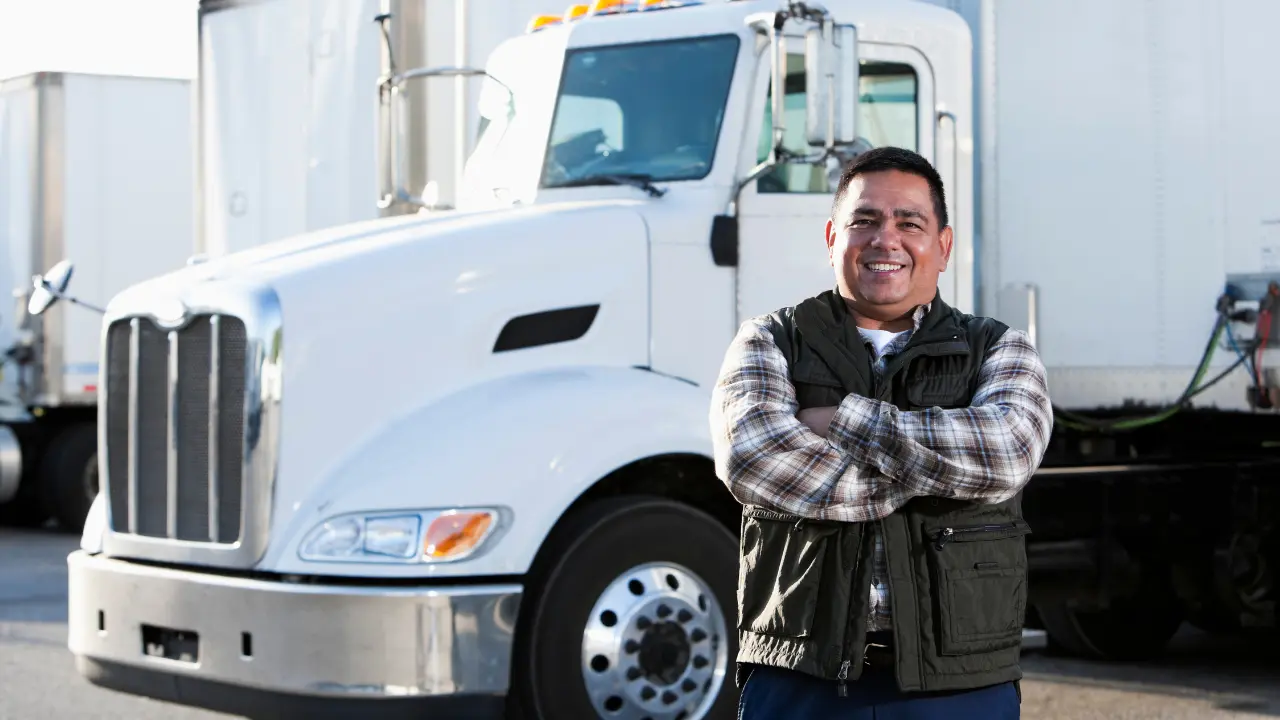
Key Features of a Successful Truck Booking App
To truly understand the impact of truck booking apps on the logistics industry, it’s essential to delve into the key features that make these apps so effective. Below are some of the critical features to look for when choosing a goods delivery app:
1. Instant Booking
One of the most significant advantages of using a truck booking app is the ability to book trucks instantly. In the traditional logistics model, businesses often had to spend hours or even days coordinating with transporters, negotiating rates, and confirming bookings. This process was not only time-consuming but also inefficient, especially when urgent deliveries were required.
Truck booking apps eliminate these hassles by providing an instant booking feature. Users can browse through available trucks, compare rates, and make a booking in real time. This feature is particularly beneficial for businesses that require quick and last-minute transportation solutions. Instant booking not only saves time but also ensures that goods are delivered on schedule, improving overall operational efficiency.
2. Transparent Pricing
Pricing has always been a contentious issue in the logistics industry. With traditional methods, businesses often face hidden charges, fluctuating rates, and unclear pricing structures. This lack of transparency made it challenging to budget accurately for transportation costs.
Truck booking apps have addressed this issue by offering transparent pricing models. Users can see the cost of transportation upfront, with no hidden charges or surprises. This transparency allows businesses to make informed decisions and manage their logistics expenses more effectively. Moreover, some apps offer price comparisons between different transporters, enabling users to choose the most cost-effective option for their needs.
3. Fleet Management
For businesses with large-scale logistics operations, managing a fleet of trucks can be a daunting task. Keeping track of vehicle availability, maintenance schedules, and driver assignments requires significant time and resources. This is where the fleet management feature of truck booking apps comes into play.
Fleet management tools integrated into these apps allow businesses to oversee their entire fleet from a centralized platform. They can monitor the availability of trucks, schedule maintenance, assign drivers, and track the movement of goods in real time. This level of control and visibility is crucial for optimizing fleet utilization and ensuring that logistics operations run smoothly.
Additionally, fleet management features often include analytics and reporting tools that provide insights into fleet performance. Businesses can analyze data on fuel consumption, delivery times, and vehicle utilization to identify areas for improvement and make data-driven decisions.
4. Digital Proof of Delivery
In traditional logistics operations, proof of delivery was often a paper-based process. Drivers would obtain signatures from recipients, and these documents would then need to be manually processed and stored. This method was not only inefficient but also prone to errors and fraud.
Truck booking apps have revolutionized this aspect of logistics with the introduction of digital proof of delivery. This feature allows drivers to capture electronic signatures, take photos of delivered goods, and record delivery details digitally. The information is then instantly uploaded to the app, providing businesses with real-time confirmation of delivery.
Digital proof of delivery streamlines the documentation process, reduces the risk of errors, and enhances the overall security of transactions. It also simplifies record-keeping, as all delivery documents are stored electronically and can be easily accessed when needed.
5. Real-Time Availability of Trucks
One of the most significant challenges in the logistics industry is finding available trucks when needed. Traditional methods often involved making numerous phone calls to transporters, checking for availability, and coordinating schedules. This process was not only time-consuming but also highly inefficient, especially during peak seasons.
Truck booking apps have solved this problem by providing real-time availability of trucks. Users can instantly check the availability of trucks in their desired location and book them for immediate or future use. This feature ensures that businesses can secure transportation when needed, without the delays associated with traditional methods.
Real-time availability also helps in optimizing truck utilization. Transporters can list their available trucks on the app, ensuring that their vehicles are always in use and generating revenue. This win-win situation benefits both businesses and transporters, contributing to the overall efficiency of the logistics industry.
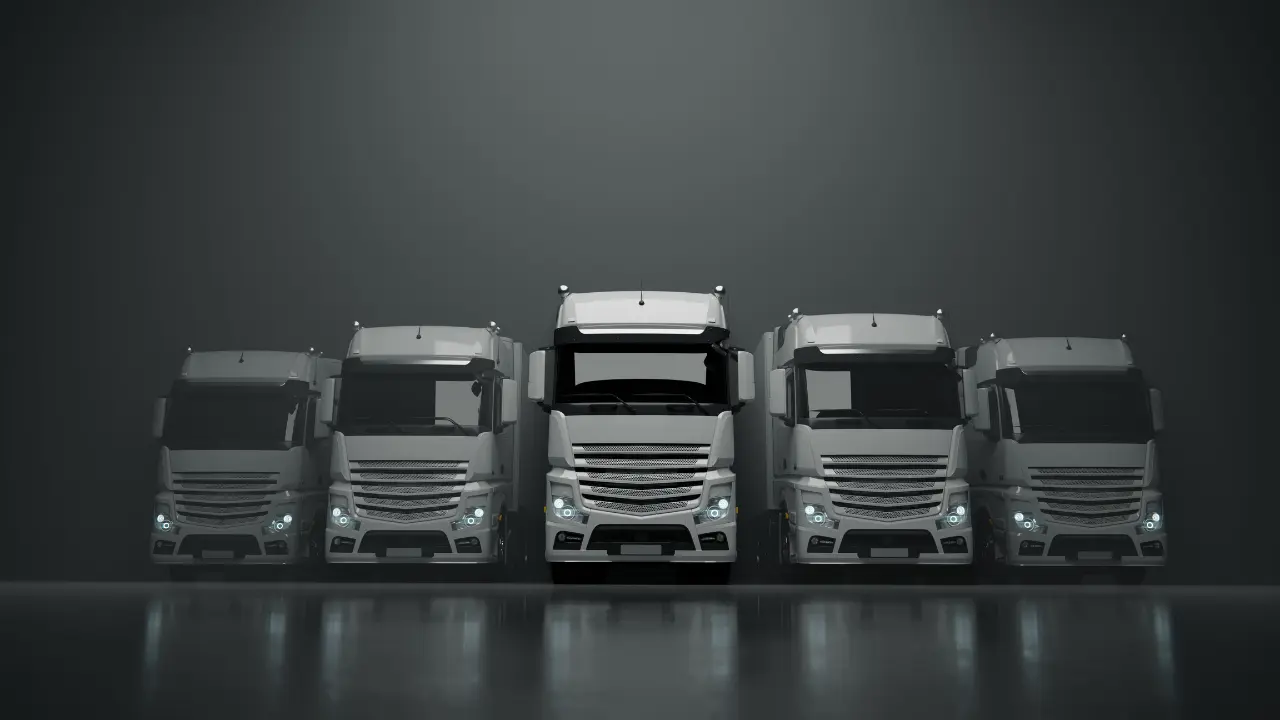
The Impact of Truck Booking Apps on the Logistics Industry
The features discussed above are just a glimpse of how truck-booking apps are transforming the logistics industry. The impact of these apps is far-reaching, with benefits extending to all stakeholders involved in the logistics process.
- Improved Efficiency
Truck booking apps have significantly improved the efficiency of logistics operations. By automating processes like booking, pricing, and documentation, these apps reduce the time and effort required to manage transportation. This efficiency translates into faster delivery times, reduced operational costs, and improved customer satisfaction.
- Enhanced Transparency
Transparency is a critical factor in the success of any logistics operation. Truck booking apps provide users with clear and upfront information about pricing, truck availability, and delivery status. This transparency builds trust between businesses and transporters, leading to stronger and more reliable partnerships.
- Better Resource Utilization
The real-time availability and fleet management features of truck booking apps ensure that resources are utilized optimally. Businesses can schedule trucks based on demand, while transporters can ensure that their vehicles are always in use. This optimal utilization of resources reduces wastage and maximizes profitability for all parties involved.
- Reduced Environmental Impact
Environmental benefits are another outcome of effective logistics operations. Truck booking apps can cut down on fuel use and carbon emissions by streamlining routes, cutting down on idle miles, and guaranteeing on-time delivery. In a world where sustainability is becoming more and more important to both organizations and customers, this ecologically friendly strategy is becoming more and more significant.
Conclusion
Truck booking apps are leading the way in the impending technology revolution in the logistics sector. These apps are holistic solutions that improve logistics operations’ efficiency, transparency, and resource usage; they are more than just tools for scheduling trucks. The future of logistics will be shaped by truck booking apps more and more as companies continue to embrace digital change.
Investing in truck booking software is now essential for companies wanting to stay ahead in the cutthroat logistics market. Businesses may optimize their logistics operations and attain unprecedented levels of efficiency and success by utilizing the primary features covered in this blog, which include fleet management, quick booking, transparent pricing, digital proof of delivery, and real-time availability.


